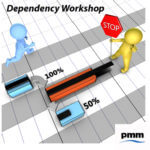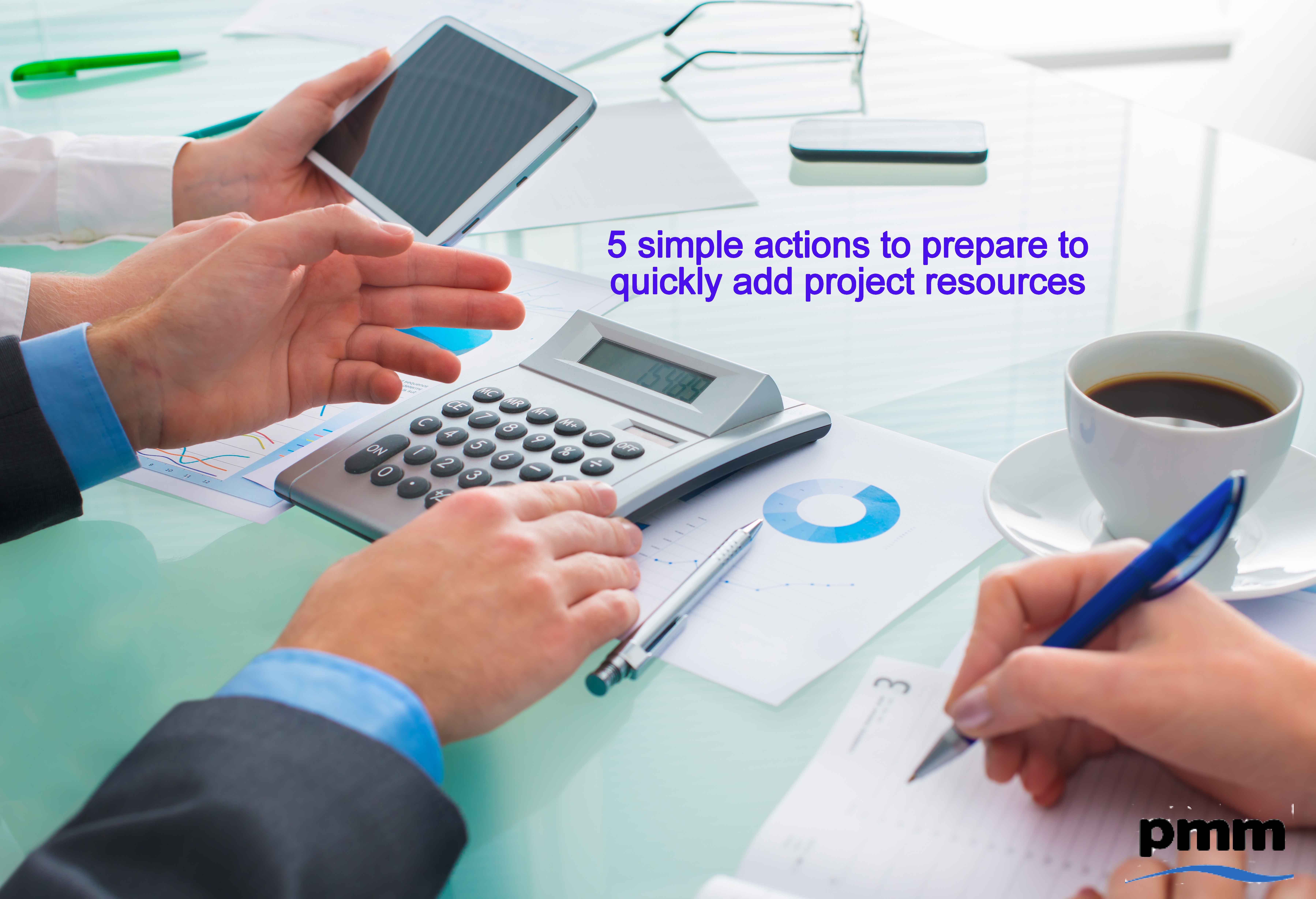Your project management office (PMO) should be using workshops to improve the project flow and ensure that bottlenecks are released, and challenges are overcome. Whether one of your PMO team will lead a workshop or you’ll support and project team member, you need to know these five steps to prepare for a project workshop.
Each workshop will be different depending on its goals, but the way you get ready for a workshop should still follow a process to ensure its success. Here are the five things you need to be ready for a project workshop.
1. Define your objective
A project workshop should have a clearly defined goal, and it shouldn’t be merely about information sharing or agenda setting – there will be a task to complete or a challenge in the project to overcome.
Workshops can be a great way to get something hammered out rather than emails and message chains running endlessly. For example, you may want to run a workshop to hammer out the project charter.
Be clear about what will be done during the workshop now, and your workshop planning will be a lot smoother. You’re going to be looking for:
- A solution
- A decision
- A way forward
To make sure projects can move forward and stay on schedule.
2. Draw up an attendance list
The right people in a workshop can make a world of difference. Of course, you want to have the right decision-makers in the room so that the conclusions drawn can go forward to implementation with minimal delay.
When considering the invitation list, look at who the project stakeholders are and if they need to be present. Next, look at the people who work on the project – your project team will likely be invaluable when looking at what is possible and offering their expert input.
Some people from your PMO may also be useful. This could be to ensure recording happens correctly or even to contribute project methodology expertise.
Be careful not to bring too many people into the room. You want to involve the right people but also maintain focus in the time. It’s also important not to bring about workshop burnout when people get bored of being in too many workshops.
3. Make a clear plan
You need to know exactly what is going to happen on the day. Bored workshop attendees aren’t ideal, but not having enough time to complete the goal is also going to be counterproductive.
Your workshop may take an afternoon or cover a few days – but only when absolutely necessary! You should know if you’re going to need time for ice-breakers and introductions, how much background needs to be covered, and if you’ll need experts to present before people can make informed decisions.
Free flow of ideas and conversation is where some of the best ideas will come from – allow plenty of time for that.
Remember to schedule breaks. Workshops can be taxing when there is a lot of activity required so make sure there is downtime as part of your plan for the day.
4. Send an agenda and materials
When you invite all your attendees, make sure they understand what they are going into and what they will need to prepare. This could be things like a test website and login details, the plans of a building, or a set of creatives, for example.
Prepared attendees will reduce the amount of time spent bringing everyone up to speed. The focus of your session should be about the solutions and actions rather than the background to the situation.
Make sure you’re also clear about whether attendance is mandatory and give a clear way to RSVP, so you know the size of the room you need to book, the catering to order, etc.
5. Prepare your materials
Standing at the front of the room, searching through computer files to get the video you need to play, doesn’t make a good impression. Whatever visuals or handouts you need should be prepared and planned well in advance.
Stick to the normal rules of presentations and don’t use too much text, and make sure you’re adding to the presentation rather than regurgitating it.
Preparing for a project workshop
Strong preparation for your project workshop will keep it on track and use the time you have in the most efficient way. Following these five steps to prepare your workshop will help you make your project workshop a success.






